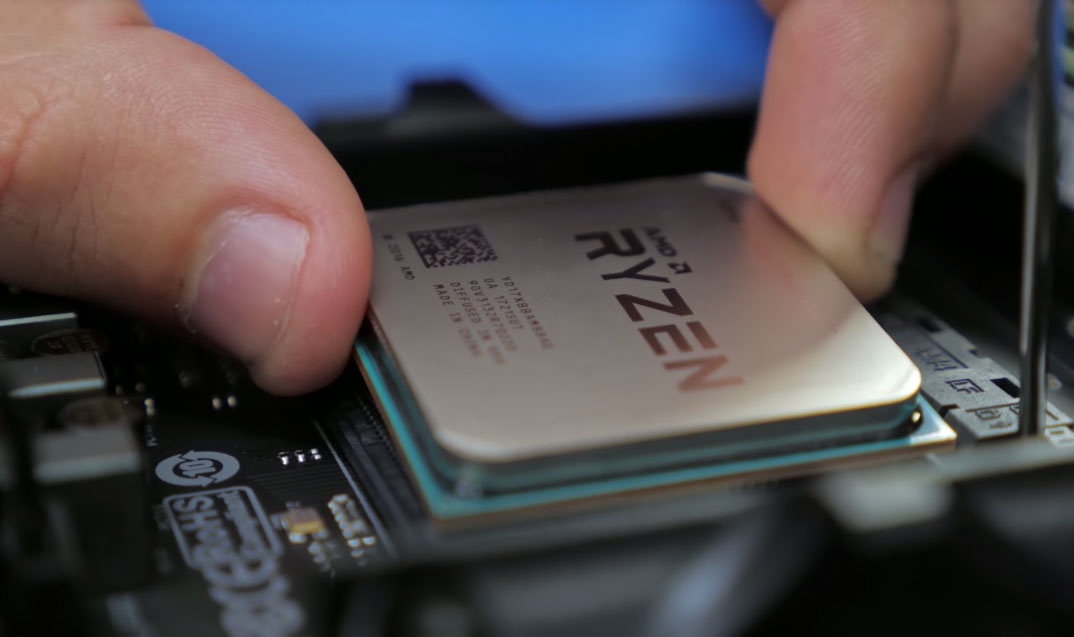AMD's Ryzen Pro is doing double duty as a processor and house heater
Cloud computing firm swaps out Intel CPUs for AMD's Ryzen Pro processors to heat homes and crunch data the same time.

A company in France has found a unique way to leverage the heat output of toasty servers. That company is Qarnot and it builds "computing heaters," which are cloud-computing systems that also function as home and office heaters. The newest ones now use Ryzen Pro processors to get the job done, rather than Intel Core i7 chips found in previous versions.
Called Q.rad, these systems look like a giant radiator with a wooden accent. Each one houses three Ryzen Pro CPUs to both crunch computational loads that they receive in real-time over the Internet, and to provide heat to homes and offices at no cost.
The decision to switch from Intel to AMD processors came down to better performance at the same level of heat output.
"In terms of performance and features, the Ryzen Pro is a fantastic opportunity for Qarnot. In our testing, based on 3D rendering computations, we saw a performance gain of 30 to 45 percent compared to the Intel i7 we were previously using," Qarnot said.
Qarnot claims that Ryzen Pro is producing the same amount of heat while providing twice as many cores. That makes it a good fit for Qarnot, which targets two main markets—movie studios for 3D rendering and VFX, and banks for risk analysis.
The switch to Ryzen Pro is being done in Bordeaux where Qarnot won a social housing project. It will employ 1,500 processor to heat homes and offices for free next winter. The company is also considering adding GPUs to the mix on new products, including a boiler for domestic hot water and swimming pool heating solutions.
None of this affects gaming naturally, at least not directly. However, it wouldn't surprise us if Qarnot's unique approach one day applied to gaming PCs. It doesn't seem very feasible at the moment (for a number of reasons), but imagine a gaming PC that pulled double duty as a room heater or boiler. Use it for gaming whenever you want, and let a company like Qarnot tap into it for distributed computing projects when it's not in use, with maybe a kickback to cover electricity costs.
Keep up to date with the most important stories and the best deals, as picked by the PC Gamer team.
Either way, this is pretty neat.
Paul has been playing PC games and raking his knuckles on computer hardware since the Commodore 64. He does not have any tattoos, but thinks it would be cool to get one that reads LOAD"*",8,1. In his off time, he rides motorcycles and wrestles alligators (only one of those is true).



